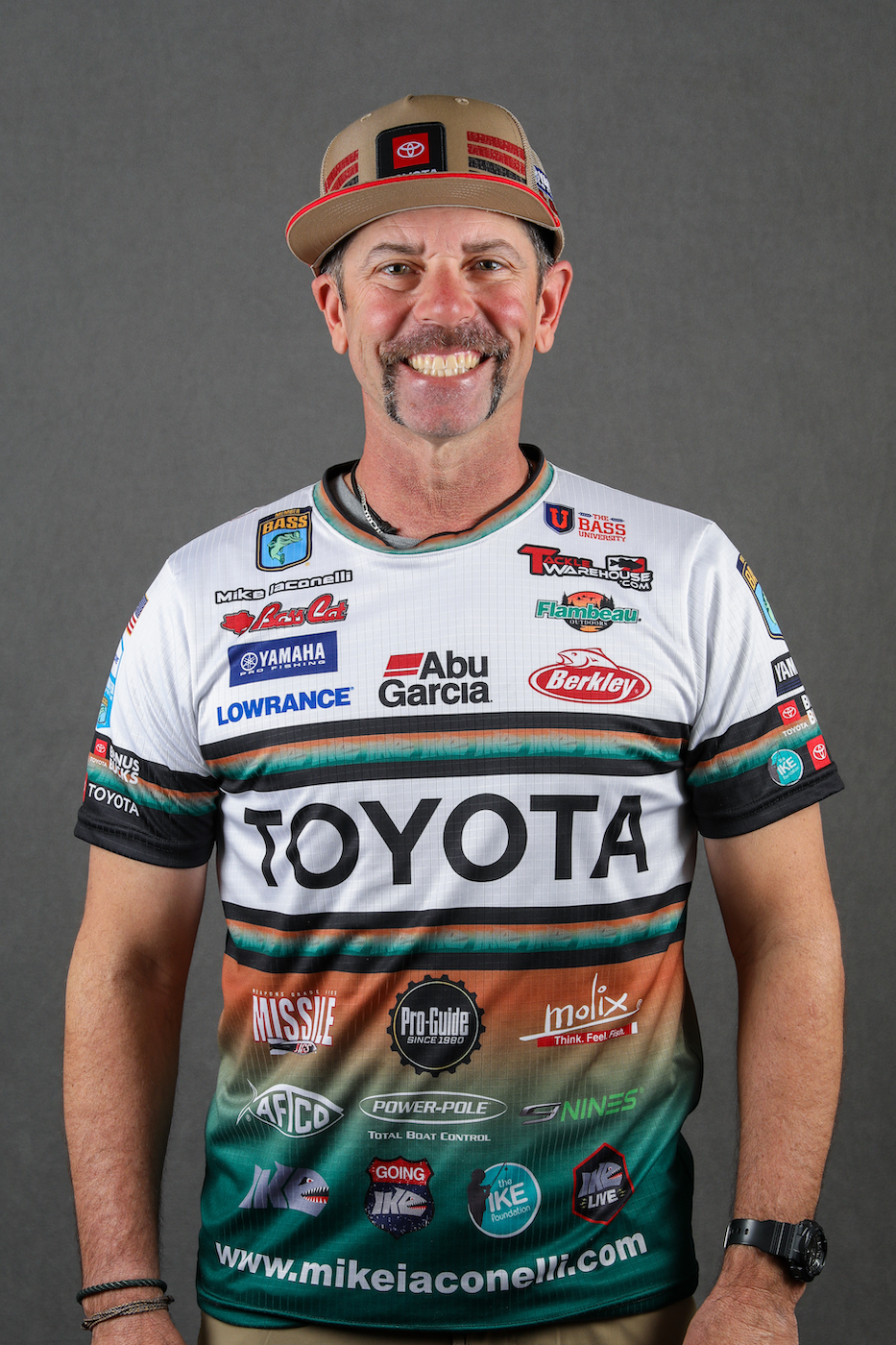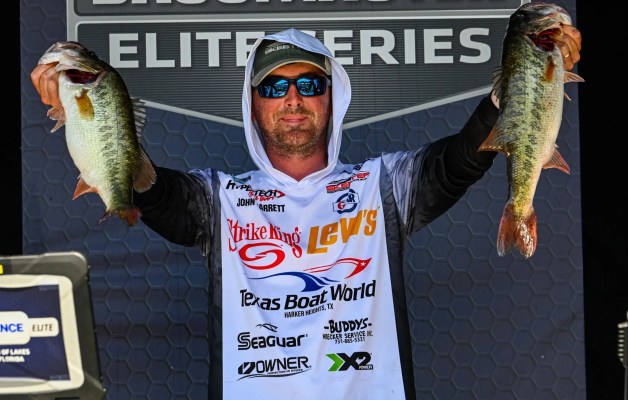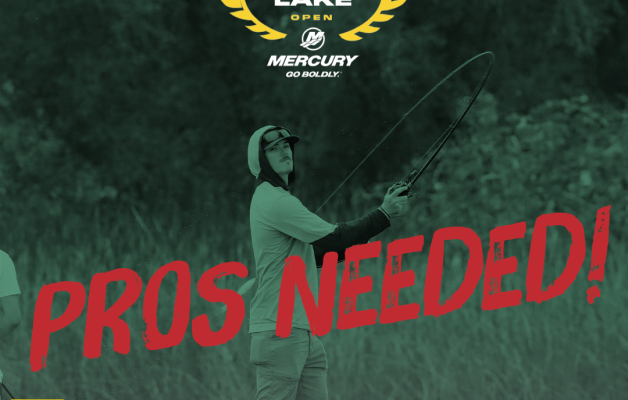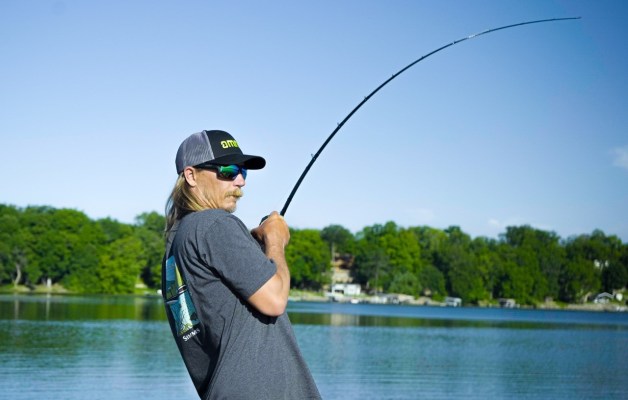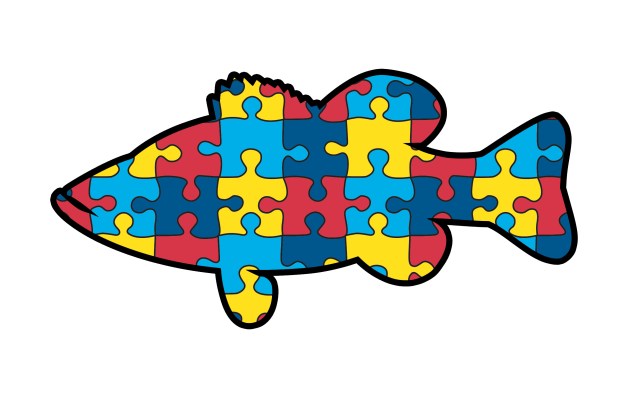My thinking about the third group we were talking about — the group that gets upset, learns and then puts everything behind them — is that it’s really the only viable option you have. That’s a strong statement but I think it’s accurate.
In my mind, you can’t ignore something and hope that it’ll go away. I think you have to feel, and in my case show, some pain for anything negative to be a learning experience. I can’t say for sure but I’d guess a lot of other people are the same way. Pretending everything is OK doesn’t work most of the time.
And, at the same time, letting something like not catching fish destroy you isn’t any better. In the first place, it isn’t as bad as you think. Not catching fish isn’t like somebody died. It’s not something that can’t be fixed. A couple of bad events won’t ruin an eight tournament season, either. Other guys will have tough performances, too.
Think of it this way. If you’re a recreational angler fishing a one day event, having a bad morning doesn’t mean you won’t catch them in the afternoon. I’ve caught a lot of fish in my life after lunch. I’ll bet you have, too.
Positive thinking is always a positive thing. “Never give up!” is more than a slogan. It’s a truth, a way of life.
The third group can turn a negative into a positive. I’m not saying you should get as upset as I do sometimes. That’s me. It doesn’t have to be you. We’re all different. But don’t ignore the reality of the situation. If you made bad decisions on the water, admit it — especially to yourself. Then, once it’s out of your system, put it behind you.
This is as true for recreational, non-tournament anglers as it is for those of us who fish competitively. If you only have one day to fish and the first half didn’t go so well, get mad or frustrated for a few minutes and then go back to fishing. The same thing is true if you’re on a three or four day trip. Don’t let a tough first day make the rest of the trip tough.
This is a learning sport, one where no two days are the same. It takes a serious amount of knowledge and experience to do it successfully. There isn’t an angler of this planet that hasn’t struggled at some point. If you doubt that, take a look at the daily records of the very best. No one catches them all the time.
The philosophy and attitude I’ve been talking about has worked pretty well for me over the years. I’m not saying that I have everything figured out. I don’t. I still let my head get in the way of my rod and reel sometimes.
But the less I let that happen the more fish I catch. For me, anyway, the best way to keep it from happening is to get everything out of my system, learn from my mistakes and then move forward.
Mike Iaconelli’s column appears weekly on Bassmaster.com. You can also find him on Facebook and Twitter or visit his website, MikeIaconelli.com.

